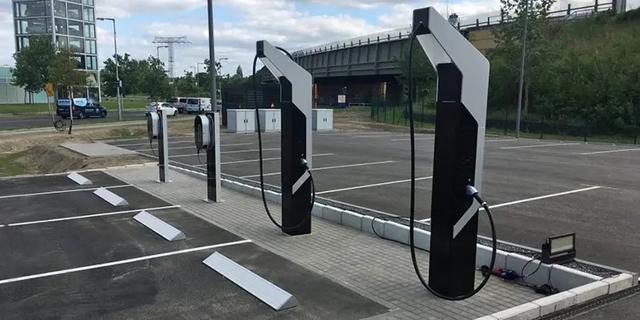How long does it typically take to charge an electric vehicle?
The time it takes to charge an electric vehicle (EV) depends on several factors, including the battery capacity, the state of charge, the charging equipment, and the available power supply. Here’s a general overview of typical charging times based on charging methods:

- Level 1 charging: This method uses a standard household outlet (110-120 volts) and typically provides around 2 to 5 miles (3 to 8 km) of range per hour of charging. Charging a fully depleted battery can take anywhere from 8 to over 24 hours, depending on the battery capacity. Level 1 charging is generally slower and more suitable for overnight charging or topping up the battery at home.
- Level 2 charging: Level 2 charging stations use a dedicated 240-volt circuit, similar to what electric appliances like ovens and dryers use. They can deliver between 10 to 60 miles (16 to 97 km) of range per hour of charging, depending on the power rating. For most EVs, Level 2 charging can fully charge the battery within 4 to 8 hours, making it suitable for home, workplace, or public charging.
- DC fast charging: Also known as Level 3 charging or rapid charging, DC fast charging stations can provide up to 250 kW of power or more, significantly reducing charging times. These stations can recharge an EV’s battery up to 80% in as little as 20 to 30 minutes, depending on the vehicle’s capabilities and the charging station’s power output. However, not all EVs are compatible with DC fast charging, and frequent use of fast charging can impact battery life over time.
Keep in mind that charging times can vary based on factors such as the vehicle’s battery capacity, the charging station’s power output, and the battery’s initial state of charge. Additionally, charging tends to slow down when the battery reaches around 80% capacity to protect the battery and optimize its lifespan.


